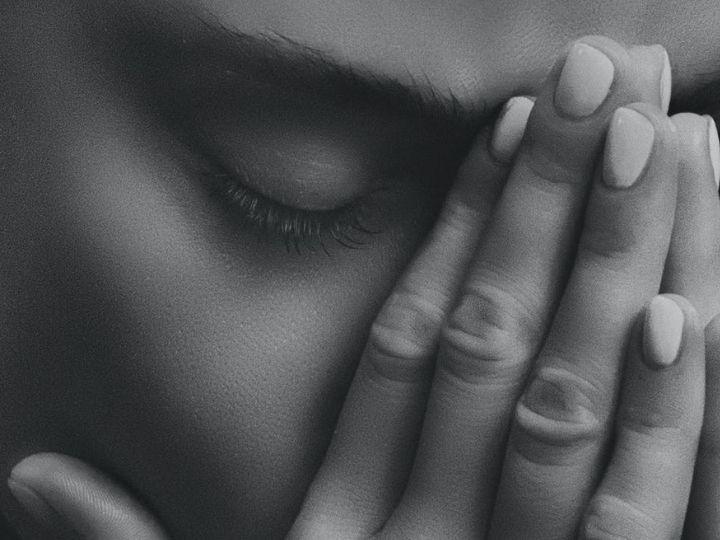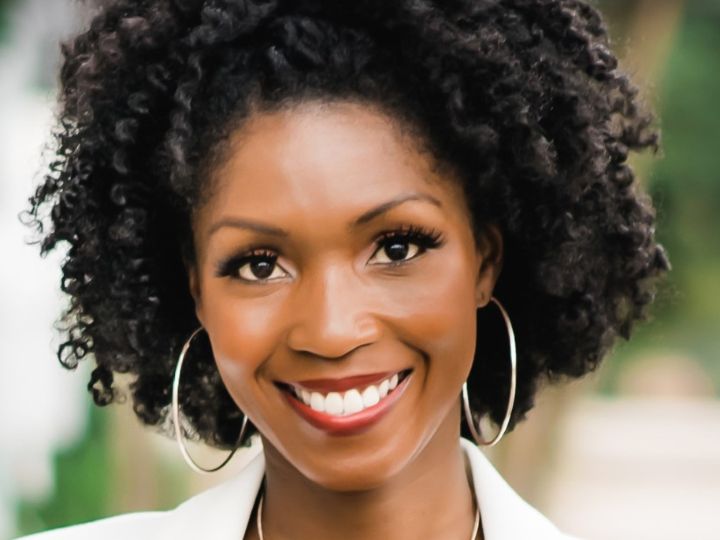

The news is horrifying – a list that seems to keep growing of high-profile African Americans believed to have died by suicide in the last few weeks:
- Mayor of Hyattsville, Maryland Kevin Ward, 44
- Former Miss USA and attorney Cheslie Kryst, 30
- Walking Dead Star Moses Moseley, 31
- Ian Alexander, Jr., 26, son of Regina King
The grim trend brings up research conducted by Rheeda Walker, professor of psychology and director of the University of Houston’s Culture, Risk and Resilience Lab. As author of the “The Unapologetic Guide to Black Mental Health,” Walker is one of the leading researchers in the U.S. specializing in the intersection of culture, race, mental health and suicide.
“Anything that is perceived as mental health-related is taboo in the Black community. To further complicate things, ‘getting help’ is seen as a weakness so folks press on even when they are struggling. Doing so is part of a cultural legacy of survival in the face of brutal circumstances,” said Walker.
Prior to the pandemic, suicide deaths were increasing dramatically for Black adults in the U.S. The rates have continued to increase during the pandemic.
“Over the last decade, suicide rates in the United States have increased dramatically among racial and ethnic minorities, and Black Americans in particular. Suicide deaths occur across the lifespan and have increased for Black youth, but the highest rate of death is among Black Americans aged 25-34 years of age.” said Walker, who believes one way to stem the trend is to continue bringing these conversations into the public arena.
“Suicide is a preventable public health problem and it’s time we get proactive in addressing it,” said Walker.
Walker is available to speak, by phone or online on whatever virtual platform is preferred. She appears regularly in national media. Some examples: ABC’s Good Morning America, Red Table Talk, Washington Post, BET, Ebony, Self, The Conversation and many more.
To book interviews please contact Laurie Fickman at lafickman@uh.edu
If you know someone in crisis, call the National Suicide Prevention Lifeline at 1-800-273-TALK (8255), or text the Crisis Text Line (text HELLO to 741741). Both services are free and available 24 hours a day, seven days a week. All calls are confidential.